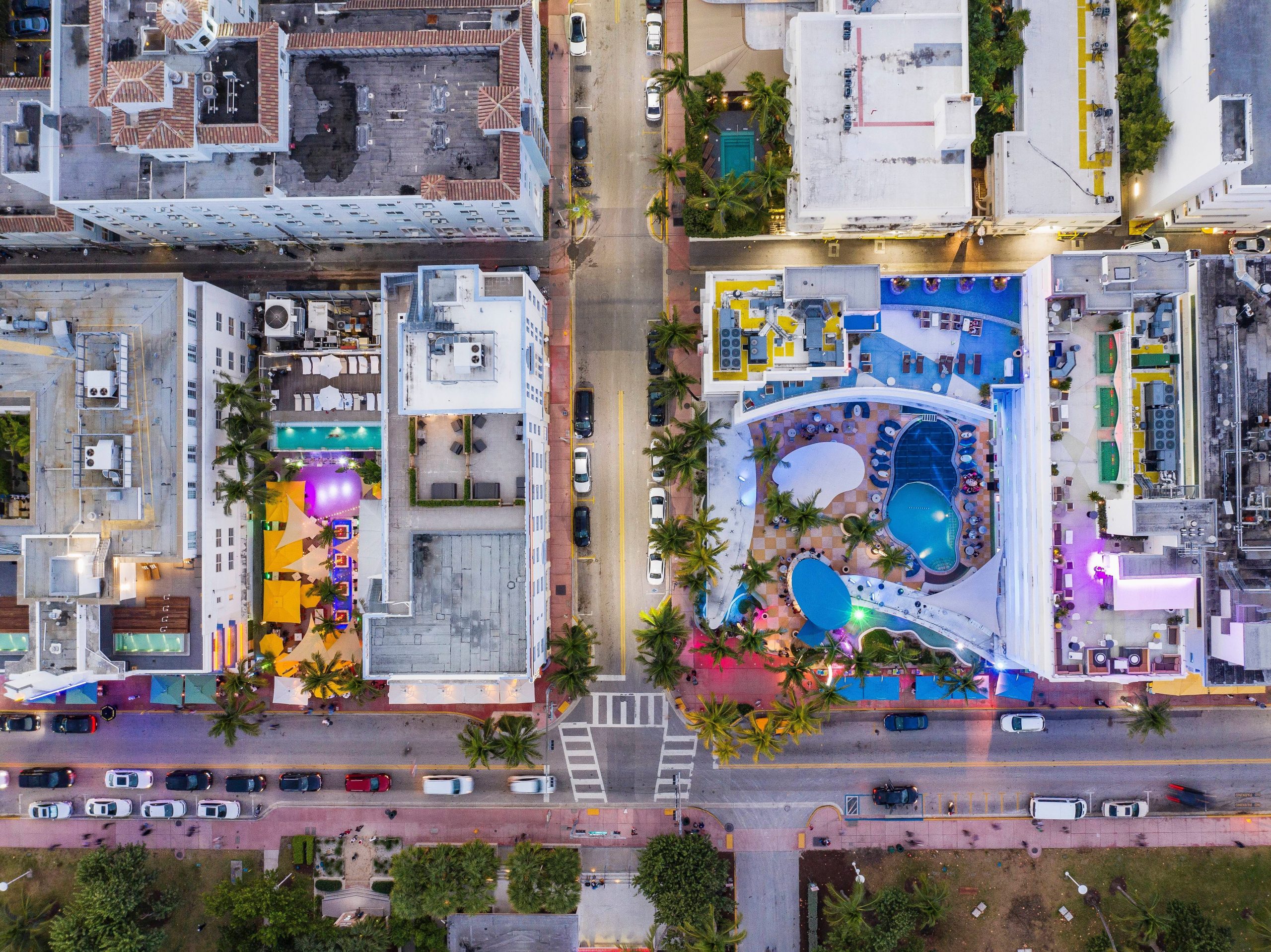
Buena Vista Images/Getty Images
- The median home price near Miami rose 29% in the last year, The New York Times reports.
- The increase aligns with an influx of business leaders from Silicon Valley and Wall Street.
- Miami has been heralded for its lack of income tax and less liberal culture than the Bay Area.
- Visit Business Insider’s homepage for more stories.
Silicon Valley elites and hedge fund millionaires are flocking to Miami, and it’s already resulting in a major spike in home prices.
A new report from The New York Times’ Nellie Bowles examines the influx of business leaders to South Florida amid the pandemic. What may have begun as a temporary stay has become a permanent transfer, and it’s sending home prices skyrocketing.
By the end of 2020, the median home sale price in Palm Beach shot up to $4.9 million, an increase of 29% from the year earlier, real estate firm Douglas Elliman told The Times. By comparison, Manhattan’s prices rose only about 5% during the same period.
In fact, there have already been a few high-profile, multi-million-dollar home sales in the last few months alone. In September, tech billionaire Peter Thiel purchased an $18 million Miami compound on a manmade island. The waterfront property, which was featured on the 1996 season of MTV’s “The Real World,” spans over 10,000 square feet and has two outdoor swimming pools and a private boat dock.
Last October, Shutterstock billionaire Jon Oringer paid $42 million for a sprawling Miami Beach mansion that was previously owned by Alex Rodriguez. The the 9-bedroom, 13-bathroom home has since become a coworking space for companies Oringer has invested in through his fund, Pareto Holdings, The Times reports.
And this month, hedge-fund billionaire Dan Loeb purchased a mansion in Miami Beach for $20 million. The seven-bedroom waterfront home features amenities such as a home theater, a private boat dock, and separate guest quarters.
Those home sales follow others last year from celebrities like model Karlie Kloss and investor Josh Kushner, who bought a Miami home for $23.5 million, and supermodel Cindy Crawford and her husband, nightlife entrepreneur Rande Gerber, who bought a nearby teardown for $10 million.
What's spurring the South Florida real estate boom?
Early on the pandemic, as those seeking more space and a lower cost of living fled from major cities like New York and San Francisco, smaller cities like Austin, Denver, and Miami began to see a flood of new arrivals.
Prolific investor Keith Rabois - who had lived in Silicon Valley since college, worked as an executive at PayPal in the early days, and invested in unicorns like Affirm and DoorDash - began singing the praises of moving to Miami last year. Miami, he said, had none of the trappings of the Bay Area's liberal culture, which he described as "monoculture in perspective on the world" in an interview with Insider's Berber Jin.
Leaving the Silicon Valley bubble, he said, would allow him to "identify other blind spots where we can invest and earn a superior return." Plus, Florida has no income tax.
While Rabois was one of Miami's most vocal proponents, he isn't the only one who migrated there. Media executive Bryan Goldberg and Cameo CEO Steven Galanis moved their too, The Times reports, along with Thiel and Oringer.
And major tech companies, law firms, and hedge funds are setting up shop in South Florida as well: Microsoft, Citadel, Baker McKenzie, Elliott Management, Icahn Enterprises, and Blackstone are all reportedly opening new offices in the Sunshine State.
Kelly Smallridge, the head of Palm Beach County's Business Development Board, recently told Insider's Alex Nicoll and Libertina Brandt that she's never seen a greater influx of financial firms to the region in her 32 years on the job.
Miami isn't just attracting interest from Silicon Valley or Wall Street, either: Marcelo Claure, chief operating officer of Japanese mega-conglomerate SoftBank, announced a $100 million initiative to support tech startups that are relocating to Miami.
"All of us today have learned how to work remotely, I think new habits have been developed during this pandemic, and I think that puts Miami in a really good place," Claure said during a session at Bloomberg's The Year Ahead.
Claure cited Miami's quality of life, as well as the lack of taxes, as an incentive for turning the region into the next tech hub.
"We can choose where we want to live, you have capital, you have the brains of Silicon Valley and New York moving to Miami, the magic starts cooking, and you see everybody putting up ideas," he said. "I think we're into something special."
